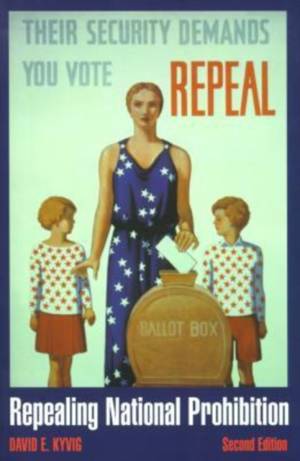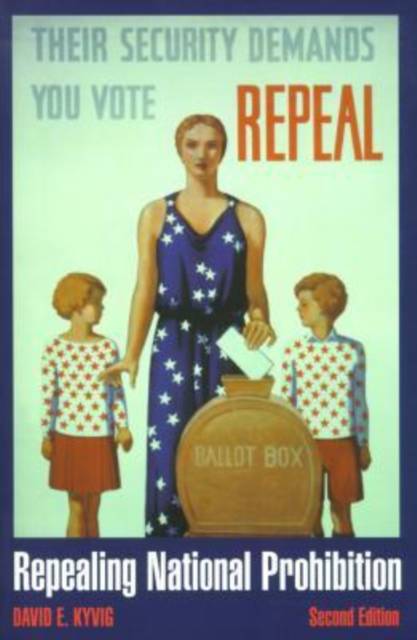
- Afhalen na 1 uur in een winkel met voorraad
- Gratis thuislevering in België vanaf € 30
- Ruim aanbod met 7 miljoen producten
- Afhalen na 1 uur in een winkel met voorraad
- Gratis thuislevering in België vanaf € 30
- Ruim aanbod met 7 miljoen producten
Zoeken
Omschrijving
A study of the political reaction against the 18th Amendment, a response that led to its reversal 14 years later by the 21st Amendment. This work uses archival evidence to examine the liquor ban and to draw attention to the bi-partisan movement led by the Association Against Prohibition Amendment.
Specificaties
Betrokkenen
- Auteur(s):
- Uitgeverij:
Eigenschappen
- Productcode (EAN):
- 9780873386722
- Verschijningsdatum:
- 11/12/2000
- Uitvoering:
- Paperback
- Afmetingen:
- 155 mm x 228 mm
- Gewicht:
- 419 g

Alleen bij Standaard Boekhandel
+ 51 punten op je klantenkaart van Standaard Boekhandel
Beoordelingen
We publiceren alleen reviews die voldoen aan de voorwaarden voor reviews. Bekijk onze voorwaarden voor reviews.







